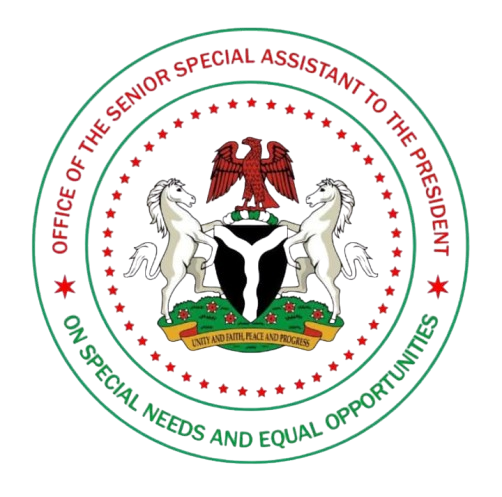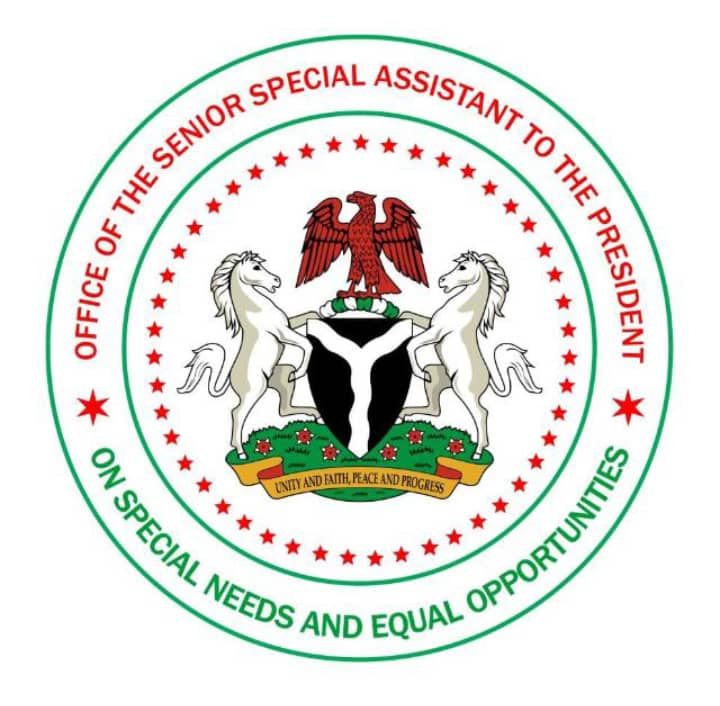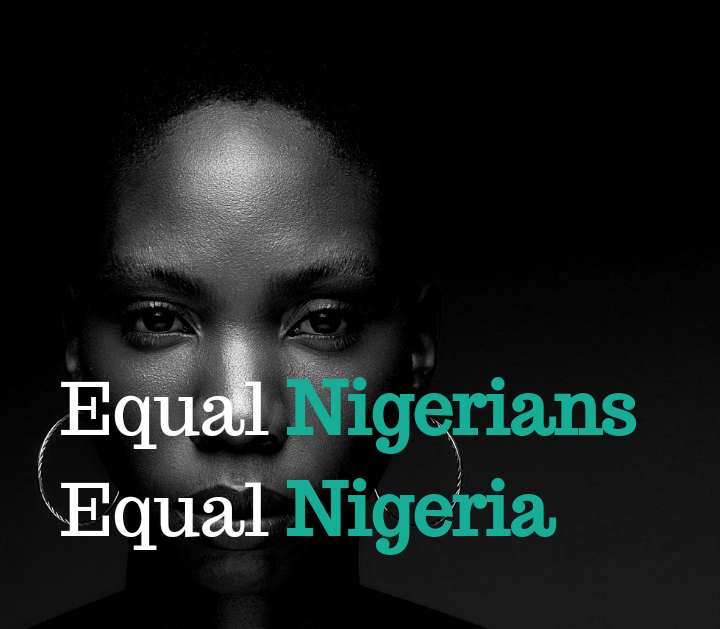By Oruku Sunday Adebayo
Published February 16, 2024
Since the enactment of the same sex law in 2014, the Nigeria’s LGBT community has witnessed significant discrimination and threats to basic rights, particularly when it comes to access to housing, employment and holding public office.
According to report, the anti-LGBT law which criminalises same sex relationships and the Sharia Law which makes homosexuality punishable by death in some parts of the country, coupled with the discriminatory attitudes amongst the broader public has resulted in LGBT people being evicted from their homes because of their sexual orientation.
The report quotes a recent survey which showed that only 30% of respondents said they would accept a family member if they are homosexual. This highlights the challenge facing many young LGBT people who may be thrown out of home when it’s revealed that they are homosexual.
The law imposes a 14-year prison sentence on anyone who “[enters] into a same-sex marriage contract or civil union,” and a 10-year sentence on individuals or groups, including religious leaders, who “witness, abet, and aid the solemnization of a same-sex marriage or union.” It imposes a 10-year prison sentence on those who “directly or indirectly make [a] public show of [a] same-sex amorous relationship” and anyone who “registers, operates, or participates in gay clubs, societies, and organizations,” including supporters of those groups.
As an advocate for equality and freedom of expression, I firmly believe that it is time for the Nigerian government to acknowledge and respect the rights of all individuals, regardless of their sexual orientation or gender identity.
First and foremost, it is essential to recognize that every person deserves to live authentically and without fear of discrimination or persecution. LGBTQ individuals are entitled to the same fundamental rights as their heterosexual counterparts, including the freedom to express their love and identity openly.
Nigeria is a free society, people should be allowed to live their lives the way they want and practice their sexual orientation, at least , it is better than hiding to practice it undercover.
Denying individuals the right to love who they choose not only violates their basic human rights but also perpetuates a culture of intolerance and discrimination.
The law contradicts fundamental freedoms under international human rights treaties and standards, which the Nigerian Constitution also guarantees. The Nigerian Constitution, under section 40, guarantees that: “Every person shall be entitled to assemble freely and associate with other persons, and in particular he may form or belong to any political party, trade union, or any other association for the protection of his interests.” Section 17 affirms that “every citizen shall have equality of rights, obligations, and opportunities before the law.
With the recent upsurge in killings, kidnappings, insecurity and economic hardship in the country, harassing innocent citizens on the basis of their sexual orientation should be the least of government worries, rather its priorities should be focused on how to bring the people out of the current biting economic hardship imposed on them by their poor economic policies.
Furthermore, the Nigerian government must prioritize the delivery of good governance and address the pressing economic challenges facing the country. Instead of wasting valuable time and resources on policing people’s private lives, the government should focus on improving the lives of its citizens through effective governance and economic policies.
One of the most effective ways to uplift Nigeria from its current economic hardship is by fostering inclusivity and diversity. By embracing and supporting the LGBTQ community, the government can tap into the immense potential and talents of all its citizens, regardless of sexual orientation or gender identity. This inclusivity can drive innovation, creativity, and economic growth, ultimately benefiting society as a whole.
Moreover, promoting LGBTQ rights is not just a matter of social justice; it is also a strategic imperative for Nigeria’s development. Countries that respect and protect the rights of all individuals tend to have stronger economies, higher levels of social cohesion, and greater global competitiveness. By embracing diversity and tolerance, Nigeria can position itself as a progressive and inclusive nation on the world stage.
It is time for the Nigerian government to demonstrate leadership and courage by championing the rights of the LGBTQ community. This begins with repealing discriminatory laws and enacting comprehensive anti-discrimination legislation that protects all citizens, regardless of sexual orientation or gender identity. Additionally, the government must invest in education and awareness campaigns to promote acceptance and understanding of LGBTQ issues within society.
In conclusion, advocating for LGBTQ rights is not just a moral imperative; it is also essential for building a more prosperous and equitable Nigeria. By allowing individuals to express their identities freely and without fear, the government can foster a culture of inclusivity and tolerance that benefits everyone. Let us prioritize good governance and economic development while embracing the diversity that makes Nigeria truly great.
Oruku Sunday Adebayo is a staunch advocates for the rights and dignity of LGBT people in Nigeria with over a decade of advocacy experience.
Xxxxxxxxxxxxxxxxxxxxxxxxxxxxxxxxxxxxxxxx


